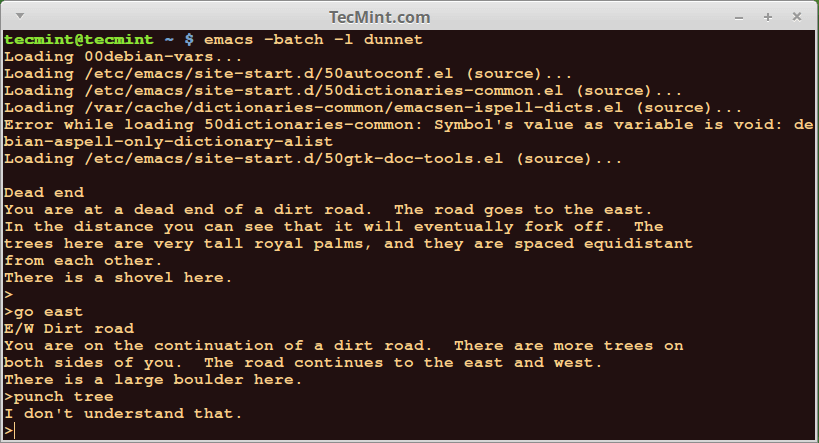


As you progress, you talk to people and collect items and keyboard buttons. You start the game with only the ability to move up, down, left, and right.

You soon discover that your arrival was foretold by an old prophecy and that you're expected to restore order to the world (in case you didn't make it to level 2 yet.). You play a blinking cursor appearing one day in a semi text based world of Textland inhabited by little people but ruled by bugs. It's an easy way to learn VIM without a steep learning curve. It's a puzzle game for practicing and memorizing VIM commands (good old VI is also covered, of course). It's the "Zelda meets text editing" game. These are play-by-email games played online.VIM Adventures is an online game based on VIM's keyboard shortcuts (commands, motions and operators). Supports editing the character set to allow for more advanced graphical capabilities than most text mode games. Jonathan Partington and Jonathan Thackray for Topologikaĭan Baker, Alan Brown, Mark Hamilton and Derrick Shadel Nord and Bert Couldn't Make Head or Tail of ItĪ MUD, notable for its pioneering introduction of various innovations such as plotted quests, real estate, banking and distinct skills The only entirely non-graphical text adventure ever published by Electronic Arts Peter Jones and Trevor Lever for Melbourne House Ogden for Adventure Internationalĭouglas Adams and Steve Meretzky of Infocom Philip Mitchell and Veronika Megler of Beam Softwareīrian Howarth of Mysterious Adventures and Cliff J. Tim Anderson, Marc Blank, Bruce Daniels and Dave Lebling These are commercial interactive fiction games played offline. On personal computers Commercial text adventure games Shakespearean adventure game originally hosted on Cambridge University's Phoenix mainframeĪdventure game originally hosted on Cambridge University's Phoenix mainframe released commercially by Topologika Software as Spy Snatcher Michael Toy, Glenn Wichman, and Ken Arnold Steve Tinney, Alex Shipp and Jon Thackray Jon Thackray, David Seal and Jonathan PartingtonĪdventure game originally hosted on Cambridge University's Phoenix mainframe Marc Blank, Bruce Daniels and Dave Lebling One of "many games" in library of 500 programs. (For purposes of this list, minicomputers are considered mainframes, in contrast to microcomputers, which are not.)įor the Dartmouth Time Sharing System. Often these games were continually modified and played as a succession of versions for years after their initial posting. Years listed are those in which early mainframe games and others are believed to have originally appeared.


 0 kommentar(er)
0 kommentar(er)
